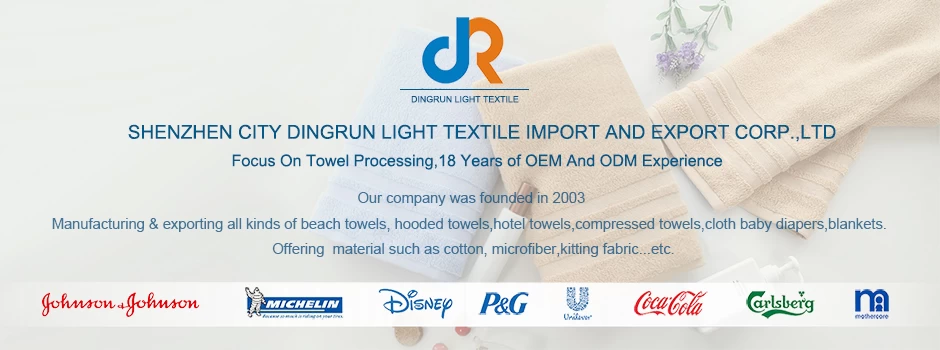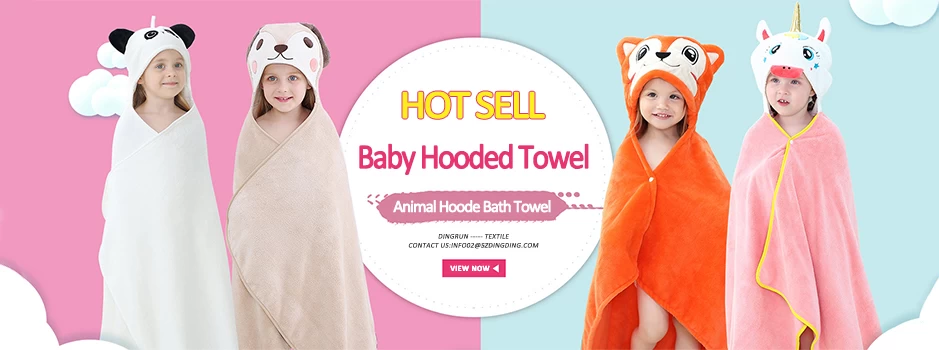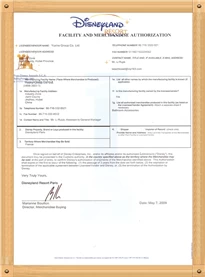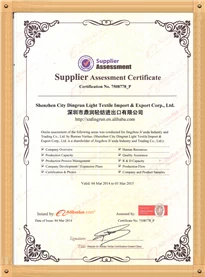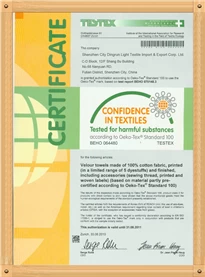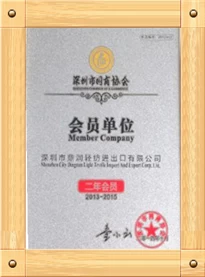Chinese brands should go global but stay local
Financial and market power will always be the key business objective of any branded product or service. Yet brands need to pay greater attention to the branding process, especially if they are micro, small and medium-sized enterprises (MSMEs).
All too often "brands" and "branding" are assumed to be the sole preserve of large multinational companies that have global reach. This false assumption often leads to a view that MSMEs can only compete on price and functional aspects of their product or services. Which is incorrect.
The fact is that SMEs, even micro business, have an inherent competitive advantage against even well-known brands that have a global reach.
But it is not finance alone that helps build brands. Establishing that crucial emotional, often cultural, connection with consumers is precisely what turns a product into a brand, and it is the presence of more established local brands that will help develop a more sustainable Chinese economy.
Chinese SMEs actually enjoy an inherent advantage against their larger, domestic and foreign competitors in terms of brand. Adding local elements and local flavor to an MSME brand is often much easier than it is with global brands.
The product-to-brand journey of many Chinese MSMEs, therefore, has to revolve around their local culture and cultural heritage as much as possible. Also, an increasing number of Chinese consumers, especially Chinese Gen Z'ers, are attaching greater value to Chinese cultural flavor in the brands they consume.
Nowhere is this more evident than in the exciting rise of Chinese fashion designers and their brands. For example, the likes of Chen Peng, Qi Yueqi and Wang Yuhan often light up fashion weeks around the world with their intricate, subtle use of traditional Chinese elements such as local flowers and local embroidery techniques and styles.
Of course, the effective use of Chinese social media, and key opinion leaders (KOLs) and key opinion consumers (KOCs) is critical to successful brand building in China, and here too Chinese MSMEs are at a distinct advantage, as they have better knowledge of the local KOLs and KOCs, and can infuse their local brands with local cultural capital.
But this localization approach, with subtle blending of traditional local cultural elements and modern aesthetics, does not only apply to fashion and related brands. Chinese MSMEs across product and service categories and industries can, and should, capitalize on positioning their branded products or services as offerings that allow consumers to closely attach themselves to their cultural heritage, but with a modern twist.
For Chinese MSMEs, the often subtle difference between KOLs and KOCs is very important. Key opinion consumers, by definition local consumers, are not only more attractive as powerful and credible local brand associates, but also can be far more easily identified by Chinese MSMEs than larger counterparts.
A brand's ability to anticipate and quickly adjust to the ever-changing demands of consumers, especially Gen Z'ers, and the ever-advancing digital technology, will also decide how successful it is. However, the MSME brands which use local elements to add value to their products are better placed to anticipate and adapt to change.
Chinese MSME brands can understand local changes far better than the larger, corporate brands, both Chinese and Western, because they have their ear to the ground. But why is the role of MSMEs so important in any economy's sustainable development and modernization?
There are many reasons for that, and the most tangible of all is that the MSMEs usually employ a far higher percentage of the workforce and their combined output usually accounts for a large percentage of a country's GDP.
More important, it is the contribution to the culture of creativity and entrepreneurship that represents the greatest, most significant contribution of MSMEs. These smaller and more versatile companies' fruitful reliance on creativity and innovations should inspire larger brands to promote innovations to create new products and services.
Chinese MSMEs have become vital to the continued development and modernization of the Chinese economy. They are ideally placed to infuse their brands with a strong local flavor that will resonate with Chinese consumers. As such, the rising Chinese brands, especially fashion brands, should also go global but stay local.

The above news was excerpted from china daily by China towel supplier Shenzhen City Dingrun Light Textile Import and Export Corp.Ltd, a company specialized in producing baby diapers, baby bibs, beach towel, blankets, bath towels, tea towels, compressed towels, microfiber towels etc.





